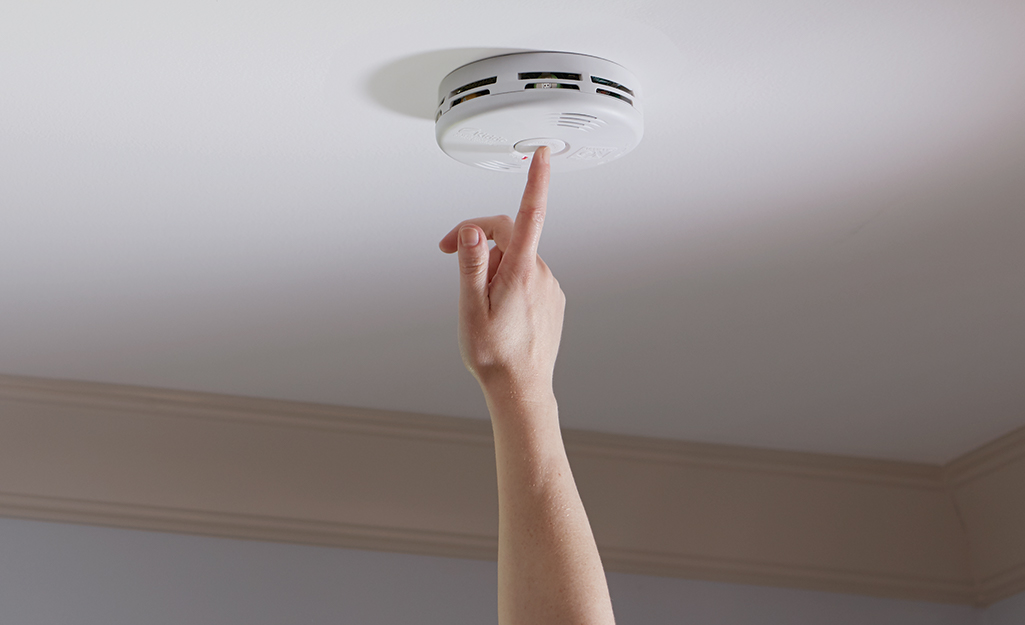

#Carbon monoxide detector testing code#
The CODE team can be contacted on The UK Civil Aviation Authority team will be located at AeroExpo in Hanger 1, Booth 2/3.Further information on the work of the CAA on Carbon Monoxide is available via our website: Carbon monoxide in general aviation | Civil Aviation Authority (caa.co.uk).General Aviation Pilot Survey - Flying with Active Carbon Monoxide Detectors 2023.We work so that the aviation industry meets the highest safety standards and consumers have choice, value for money, are protected and treated fairly when they fly. The UK Civil Aviation Authority is the UK’s aviation regulator.The survey is due to run until early September. This project is important and the feedback gathered will help to shape the future use of these devices and how they could be used in piston engine aircraft.”

“We know that pilots have consider the significant safety benefits offered by flying with an active CO detector – it could not only save their life, but also their passengers’ as well. “We also actively encourage all members of the GA community to engage with this survey to have their say on the potential use of active carbon monoxide detectors in the future. We know it is incredibly valuable to us to engage with and listen to members and we encourage visitors to come and have a chat with us over the course of the event. “Our attendance at this year’s AeroExpo is one of many events we are attending this year to engage with the General Aviation community. Michael MacDonald, Co-Head of General Aviation and RPAS Unit, said:
#Carbon monoxide detector testing update#
Michael MacDonald, Co-Head of General Aviation and RPAS Unit will be providing an update on the work of the GA Change Programme, sharing projects that are being delivered for the GA community in conjunction with the Department for Transport (DfT). Visitors are also being encouraged to discuss any issues they have with licensing, airworthiness or other matters during AeroExpo. The UK Civil Aviation Authority will also display active carbon monoxide detectors for visitors to view and learn more about. Representatives from the UK Civil Aviation Authority’s General Aviation Unit, Shared Service Centre and Airspace team will be in attendance at the event. The regulator’s survey is being launched at AeroExpo, which kicks off its three-day event from Thursday 8 June to Saturday 10. While the risk of CO poisoning may be known and understood by many GA pilots, the same cannot be said for consumers and third parties generally, who may fly in piston engine aircraft on a commercial or recreational basis. The UK Civil Aviation Authority is today launching a survey on the use of active carbon monoxide (CO) detectors for members of the General Aviation (GA) community in the UK.įeedback gathered through this survey will help to shape the future use of these devices and how they could be used in piston engine aircraft.Įvidence to date indicates that active CO detectors capable of alerting pilots via aural and/or visible warnings are a net safety benefit to pilots and their passengers.


 0 kommentar(er)
0 kommentar(er)
